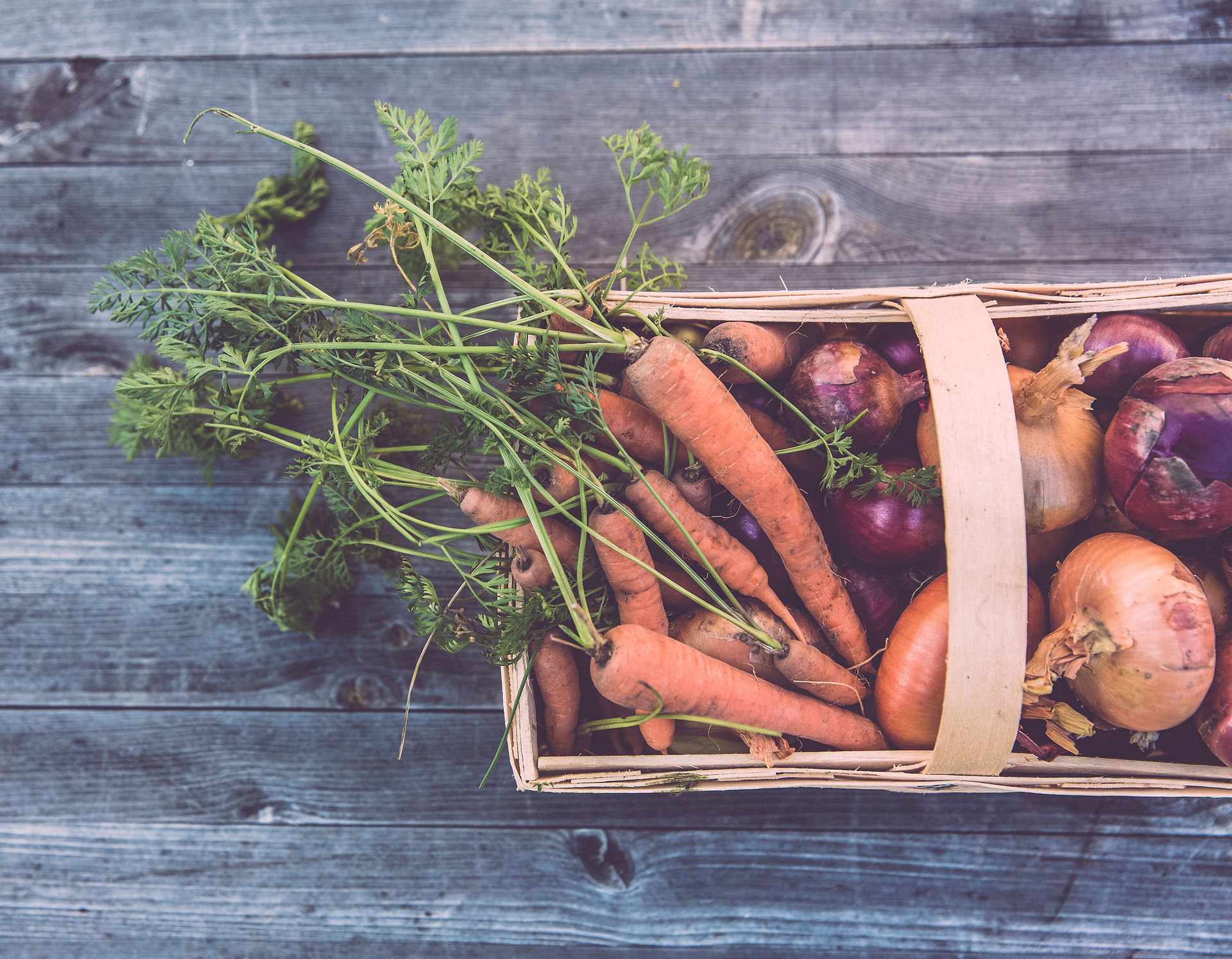Adding extra herbs to your diet is a great way to utilize the wonderful healing abilities of food and to embrace it as a type of preventative medicine. Different herbs belong to different flavor categories: sweet, spicy, bitter, sour, and pungent. These flavor categories can support your well being in many different ways. Pungent herbs have an overall warming effect on the body and, therefore, help stimulate digestion. Think of these pungent herbs as lighting a fire to get your metabolic reactions working. In traditional medicines, they’re used for their abilities to be warming, drying, stimulating, and dispersive.

Basil is not only pungent but also aromatic. I don’t know about you but I always feel the lure of basil every time I’m at the farm stand just by getting a whiff of its delicious aroma. Because of its pungent qualities and its aromatic essential oils, basil is well known for its ability to help with digestion. It helps relax the GI tract and acts as an effective carminative (a substance that dispels gas and bloating). It also acts as an alkalizing agent. It restores your body’s pH, which then helps with your digestion as well as immune system. Good gut bacteria require a healthy pH level to thrive. They then crowd out bad gut bacteria, which further helps bolster your digestive system.
When consumed hot, basil acts as a diaphoretic (a substance that makes you sweat). It’s taking that metabolic fire that was lit and helping rid your body of toxins and infections through your skin by opening up your pores and allowing you to sweat. It’s been long used for its benefits in fighting fatigue and supporting mental clarity. A cup of basil tea could be used in moments where you need extra support to feel grounded, focused, and calm.

Due to both its warming and drying properties, basil is also useful for combating respiratory conditions as it is very effective at dispersing mucus. It’s been used in traditional medicine to soothe lung tissues and suppress nagging coughs.
As our summer season settles into a slow muggy rhythm, basil will begin to flourish and be ever-present. I suggest to use it liberally in your cooking. Summer is a time for light vibrant meals full of colors and flavors. If you happen to make a dish that’s a tad on the heavy side - like the bowl of pasta that is currently sitting in my lap as I write this - make sure you add a variety of your favorite herbs, like basil, to lighten the meal and add some digestive support.


Comments